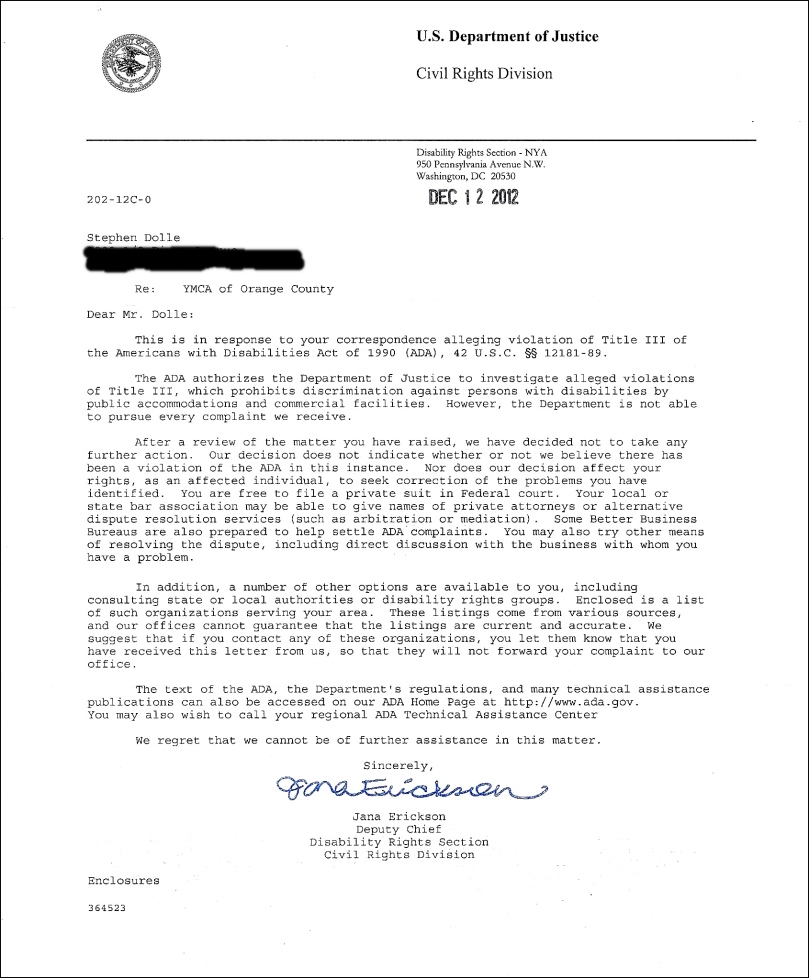
This blog discusses my disability rights complaint to the U.S. Justice Department Civil Rights Division, and request for a sound sensory accommodation from loud music and screaming broadcast all over my YMCA of Orange County fitness center where I was a member. I had been a member from 2007 to 2011. But it was in the later part of 2010 that a new fitness director was hired, who began putting on zumba classes with loud music and screaming, which was then broadcast all over the gym. Being exposed to this in the adjacent rooms then made me ill.
I undertook numerous remedies to bring a resolution to this. I was eventually asked WHY I couldn’t tolerate it, that loudness levels were within limits set my their national organiozation, and was told to where ear plugs when in the facility – which I tried for a while. But I kept having to take them out when a nearby member spoke to me. Other members (esp seniors) I was told discontinued their membership due to the unhealthful noise. Earlier in 2007, I had abandoned my 25 year membership at 24 Hour Fitness after they began playing loud overhead music. This YMCA gym could have, and should have, made the necessary accommodation I requested. In their ruling, DOJ rejected my complaint in its entirety and instructed me to seek other (esp. civil) remedies. In my opinion, both were legally and morally in the wrong! But there’s very little advocacy for SPD and sound sensory disabilities.
YMCA’s practices effectively barred me and other members with sensory processing disorder from using their fitness facility. The loud music and screaming gave me headaches, nausea, made me dizzy, and irritable – not unlike motion sickness. This is a known medical response for affected individuals to this type of sound sensory stimuli. And it gets better. After I filed my complaint to DOJ, the fitness director created a fake incident alleging I was disturbing other members, where I was told my membership was no longer good. I left and never returned!
Prior to filing my complaint with DOJ, I verbally and requested in writing to management for a change in their music broadcast policies. YMCA declinded to make any accommodation or modification. This was also after I had done volunteer work (music therapy) for this YMCA, and after others (affected seniors) had donated money.
It took DOJ two years to respond with a “no.” My complaint was filed with the “Disability Rights” division, who has jurisdiction over public and private facilities for disability rights accommodations. My complaint asked DOJ to draft new language of protections applicable to public and private venues across the U.S. where loud music or machinery poses unhealthful consequences to persons with neurological and sensory processing disorders.
Mostly what this YMCA needed do as an accommodation – was keep the door of the Zumba classroom closed. But management decided it more important to leave the door open, despite the room already having numerous open windows to the outside that brought in fresh air, and instead chose to broadcast the loud music and screaming through the rest of the facility.
Below is my complaint to DOJ and request for accommodation to the YMCA of Orange County, both of which were denied. These parties theated sound sensitivity and sensory processing disorder as though it were a “comfort” issue, rather than health issue.
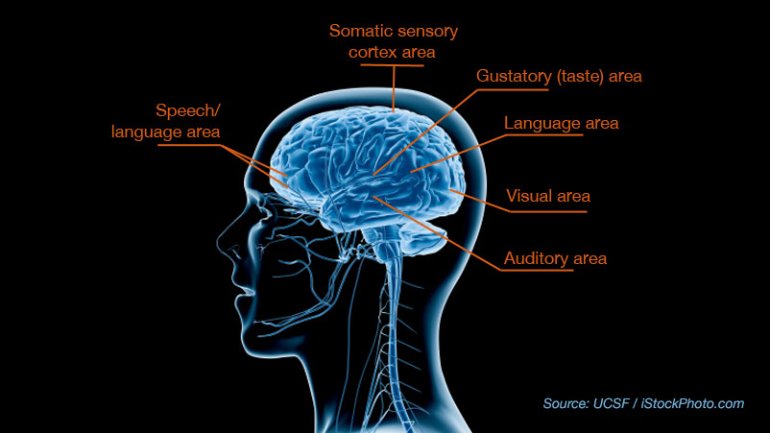
A large segment of the U.S. population suffers from sensory processing disorder as a result of either autism, post TBI, PTSD, ADHD, hydrocephalus, post tumor, post stroke, Parkinson’s Disease, multiple sclerosis, migraine disorder, dementia, Alzheimer’s Disease, and more. Affected individuals become very sensitive to loud/erratic sound, from music, machinery, loud raucious TV commercials, and other types of sound which carries elements which are problematic to affected individuals. The affected Americans account for 15-20 percent of the population. These unhealthful sound levels for many, are often protected by years old standards of the decibel scale & chart below. But, these acceptable limits are coming under fire as I share further below.
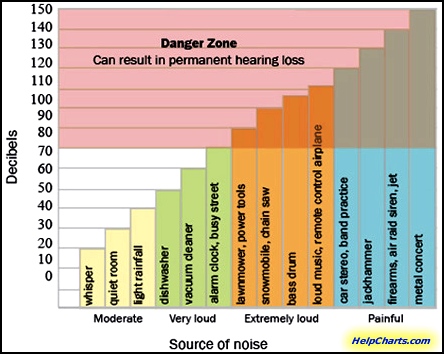
The above chart has been coming under fire. OSHA, the primary authority over unhealthful sound in the workplace, still agrees with the more liberable interpretation above.
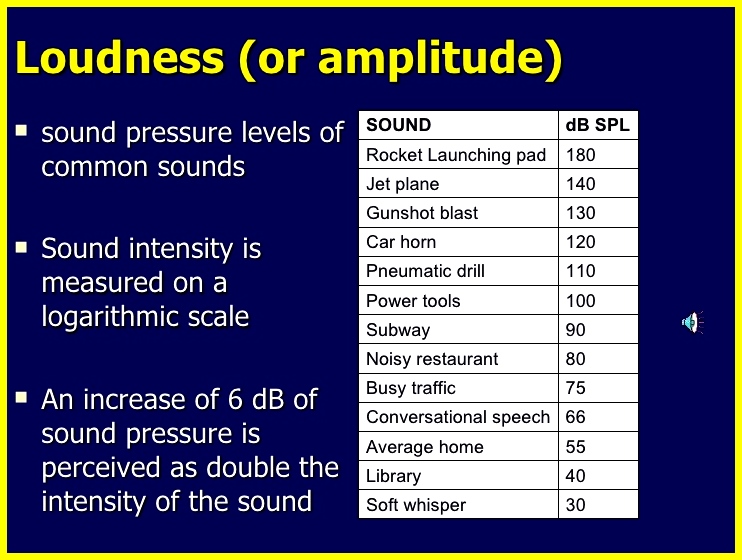
This next chart illustrates the decibel levels of common machinery.
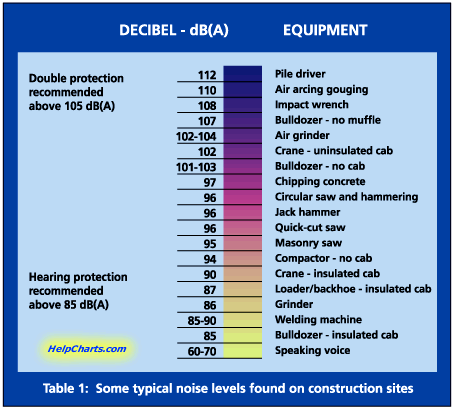
Now we’re getting a little more current science with this next chart, which factors in reporting by persons exposed to what were thought of as otherwise safe decibel levels. And none of this yet takes into consideration the loss of sensory processing function by persons with neurological injury and disorders, and related SPD. When affected individuals are unable to tolerate these sound/noise levels, that raises ACCESSIBILITY to public and private facilities. Such facilities would include health clubs, restaurants, night clubs, churches, schools, malls, art & music venues and events, fairs, parks, and the like.
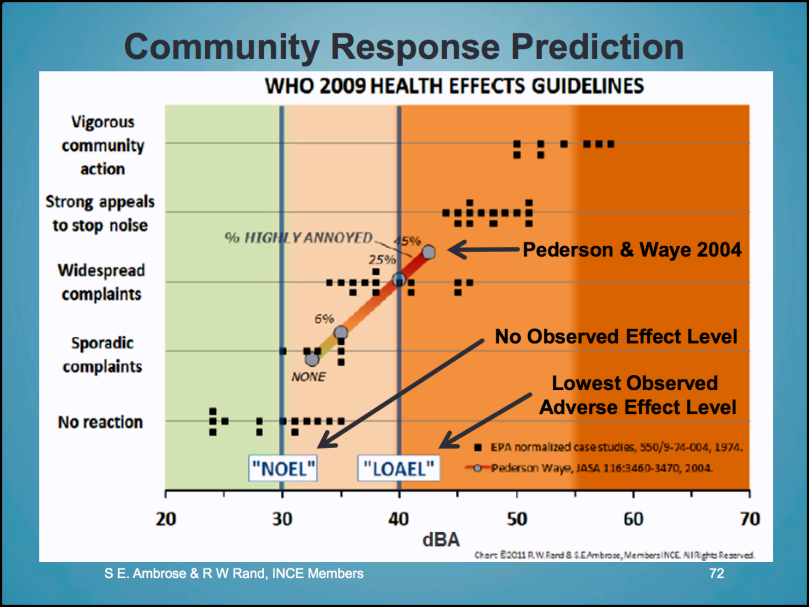
The image below illustrates the critical brain areas in volved in sensory processing.
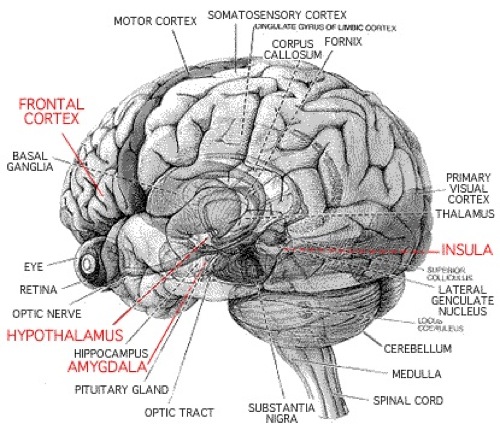
In 2016, technology has made decibel meters available as mobile phone apps. I use the Smart Tools decibel app. However, what is needed is an app and new sound standard to measure the EQ mix of sound and its likely effect on sound processing. Such data would then lower the effective healthful range of sound.

In individuals such as myself, I will have good days and bad days, where my sound intolerance can vary and leave me in a pickle if I ignore the early warning signs. As an affected individual, you need to be aware at any given time of the status of your sensory intolerance, so you can make your optional adjustments as needed. However, there still needs to be new efforts in mitigating the hap-hazard broadcast of sound and noise as so many people are effected, with many more becoming affected who aren’t aware.
As for regulatory actions against noise, the only one that comes to mind is Congress 2012 ruling on the CALM Act – intended to prevent volume raising of TV commercials. But nothing has changed. Obnoxiously loud and ridiculous TV commercials continue on almost all channels. And on radio too. While the science in support of sensory processing disorder and affected neurological disorders exists, the U.S. government and DOJ have acted to deny the science, accommodations, and disability rights protections, while advocating for bizarre new and usual protections for special interests groups. I challenge those who deny this, to play such sounds at an official’s or company office. You will likely be thrown out! So WHY is this exposure OK for the general public? I discuss this in more detail in my 2015 blog on Tips and Information on sound related Sensory Processing Disorder below.
New sound standards and measurements must occur for there to be progress. There first needs to be a revision to current safe decibel scale, to revise it to reflect the health needs of persons with SPD disorders. Next, I am advocating a NEW decibel scale to include a “sound processing component” to account for how the human brain processes sound. Examples of difficult sounds are machinery with fast unbroken patterns, TV & radio commercials where a person is talking fast or screaming with music playing at full volume, and music with people screaming and yelling.

Since this blog was authored in 2013, I have added a new web page of information for sensory processing disorders and cognitive disabilities at CognitiveAccessibility.org, as well as several new blogs which I discuss below.
Cognitive Accessibility.org
In 2015, I authored this important blog on tips and new information on sound related sensory processing disorder, or SPD, which includes updated supporting blogs and web content on this important subject. I am hoping to find the time and energy to build a complete web site for CognitiveAccessibility.org to advocate and share science on sensory processing disorder and cognitive disabilities. In this blog below, I also share some of my efforts with drumming and drum circles that can raise one’s level of intolerance, and improve over well being.
Tips & Information on Sound related Sensory Processing Disorder (SPD)

We have supporting science. Now we simply need to connect it to protections and managing in everyday living thru accommodations, technology, and awareness.
Earlier in 2002, I undertook an important study on sensory processing disorder, which is also discussed in the above updated blog:
2002 Study in Support of Sound related Sensory Processing Disorder
If you would like me to speak on my efforts with sensory processing disorder, workplace drumming or therapeutic drumming, please contact me via the information below.


The YMCA’s initial response to my written request was that I was supposed put a request in their “suggestion box.” But I noticed people had already done that, and those requests were denied. Instead management instructed a maintenance worker to question my brain and sensory processing issue. Later YMCA told me my membership was not good. When that proved wrong, they threatened to call the police to have me removed. I left YMCA and have not returned. But they were/are wrong, and are out of touch with the times. Today, I would discourage anyone from donating money to, or volunteering, at the YCMA of Orange County. There is also a member who had been shot in the head, who exercised there and nearly killed himself on several occasions. YMCA also chose not to help him.
LikeLike
YMCA Member since 2002 at Toronto Central. I couldn’t agree more about everything you said. We are far behind in listening to the real issues of people with invisible disabilities. I am Noise, Light sensitive. Excessive Noise is my enemy causing me all kinds of stress and physical problems. The stress goes straight to my fight/flight part of my brain. Sensory Affective Disorder is real. Special Interest groups get away with far too much under discounted rates while I pay top dollar to be in Membership Plus. A common response to my request to lower the volume of the music and especially, the very noisy sing-a-long members in Aqafit class, “It doesn’t bother me.” The ones who consider themselves to be the most caring and compassionate ones are the loudest singers. I am at a loss to what it takes to ask for moderation. I wear ear plugs but it causes my Tinnitus to flare. I usually end up leaving the class. I simply don’t understand what it’s going to take to get the message across but it’s long overdue. I support everything you said.
LikeLike